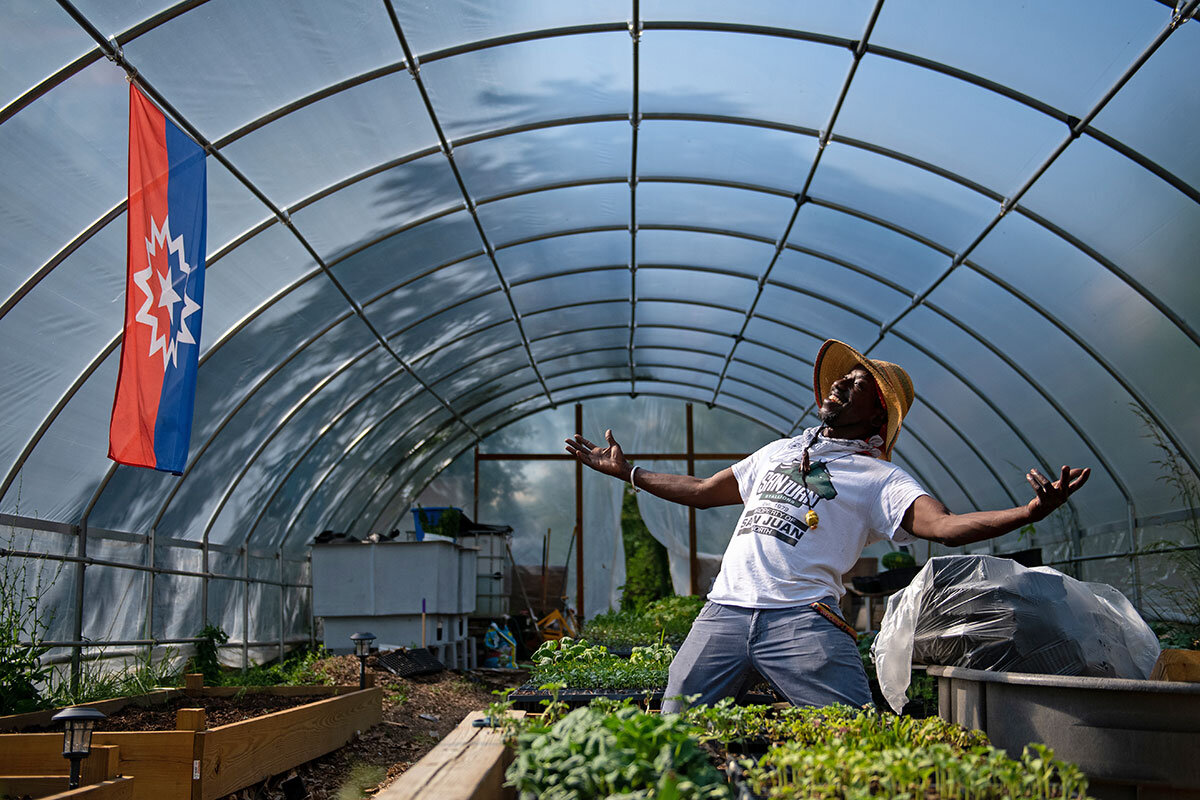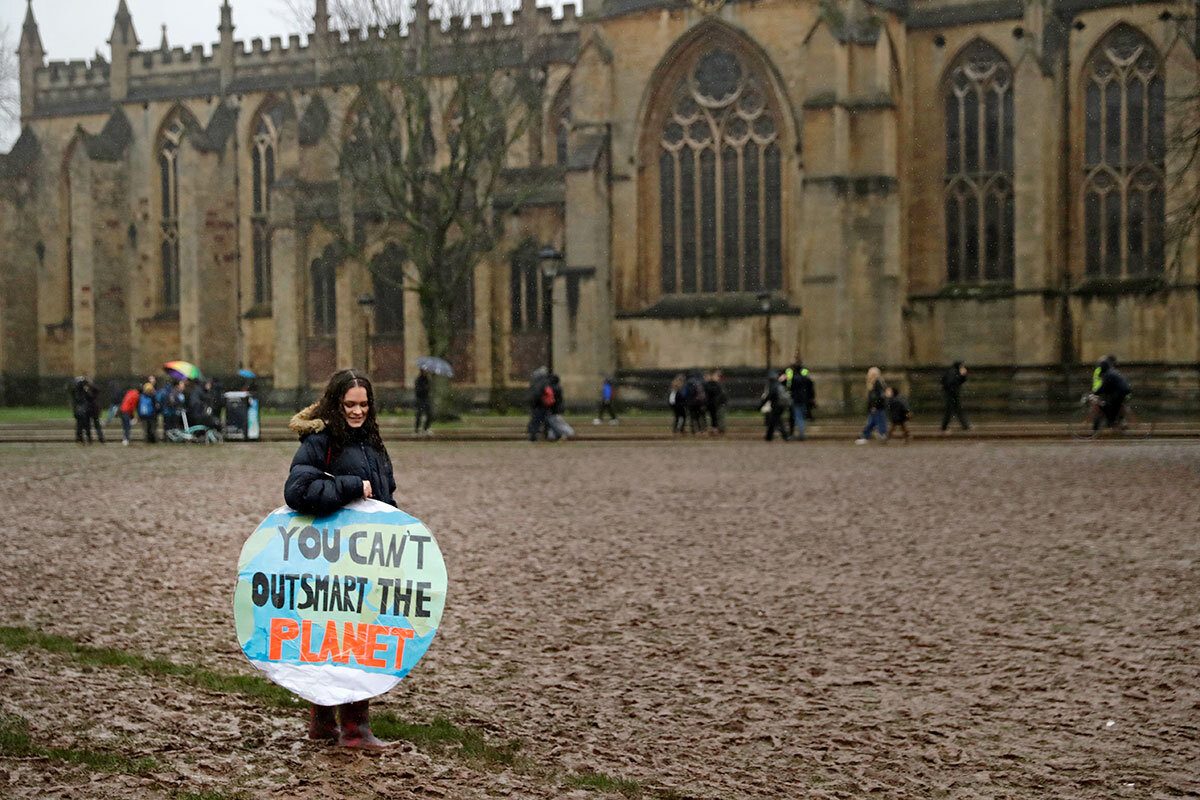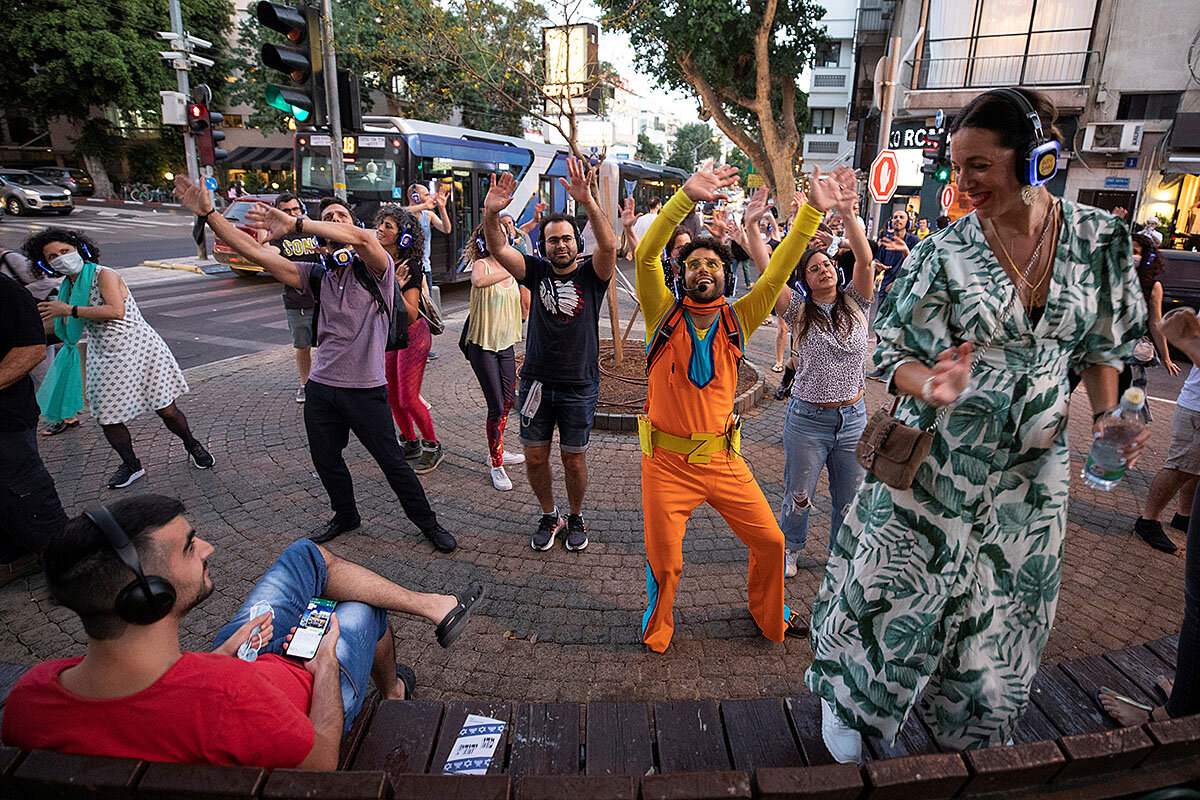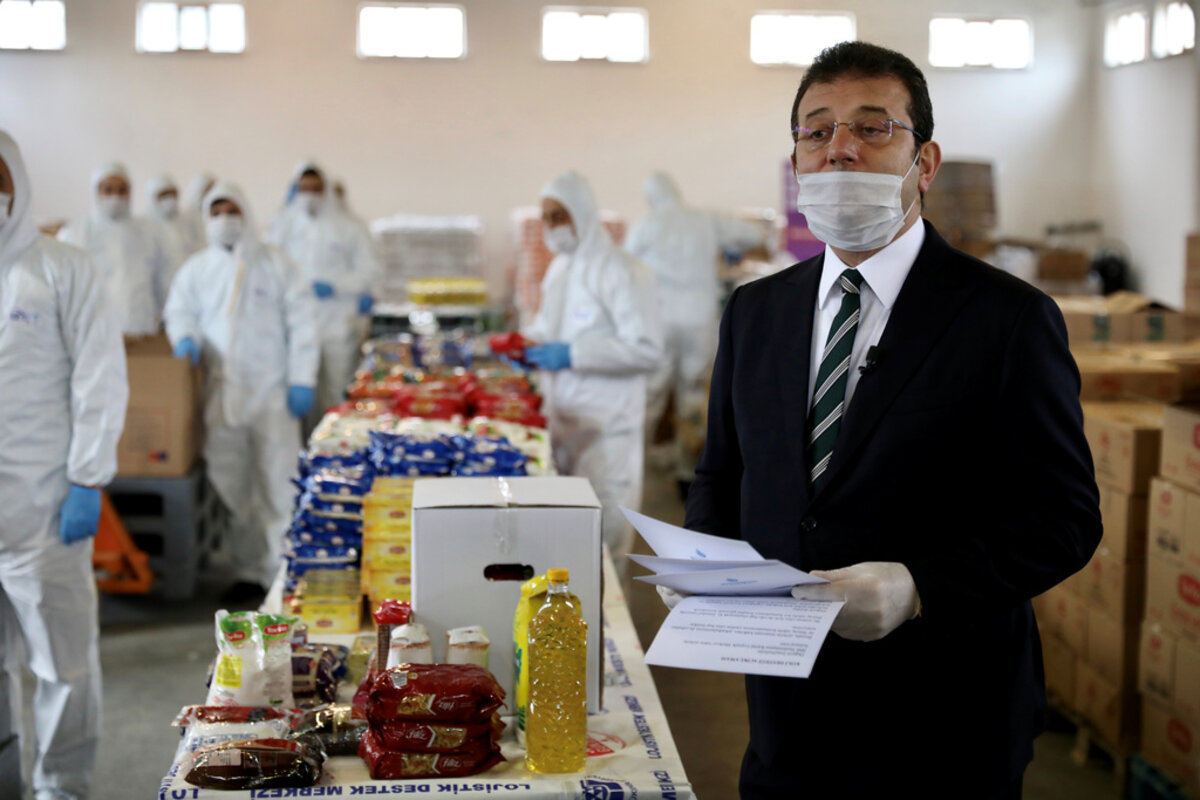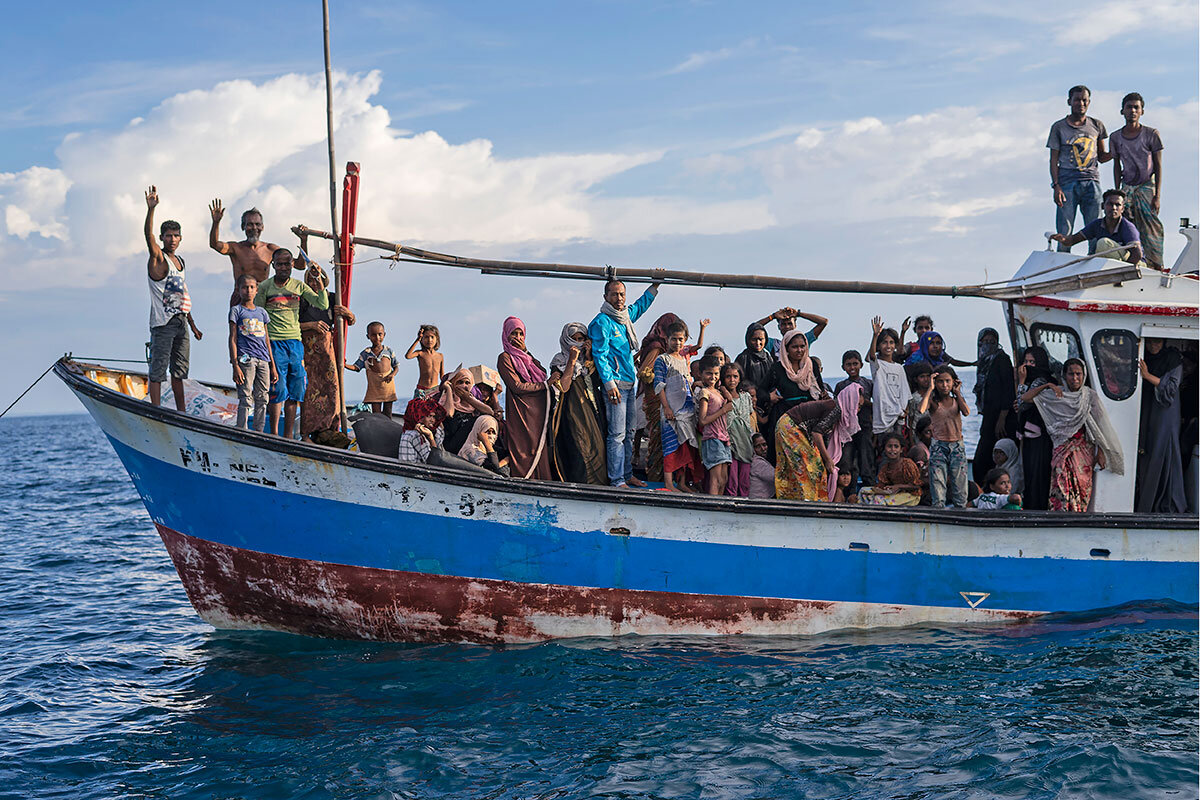The downturn has hit Black communities disproportionately hard. Those affected see the pandemic worsening a chronic lack of opportunity, but cities like Baltimore are taking steps to help.
Monitor Daily Podcast
- Follow us:
- Apple Podcasts
- Spotify
- RSS Feed
- Download
 Mark Sappenfield
Mark Sappenfield
The search for life elsewhere in the solar system has officially gotten weird. Until this week, no one dared utter the phrase “life on Pluto” because, well, that would just be plain nuts. A surface temperature of minus 380 degrees Fahrenheit on a world 40 times farther away from the sun than Earth doesn’t exactly conjure images of E.T.
Yet potential life on Pluto is exactly the implication of a new study this week: Pluto could very well have an underground ocean.
Exploration of the outer solar system has revealed marvels: oceans and rivers and rainstorms of liquid methane on Saturn’s moon Titan and the surprisingly haunting landscape of Pluto itself. But perhaps most interesting has been the discovery of subsurface oceans, first on Jupiter’s moon Europa, then on Saturn’s tiny moon Enceladus. Like a kid running through a summer sprinkler, NASA’s Cassini spacecraft even flew through the geysers that erupt from Enceladus.
We don’t know the conditions for organic life beyond Earth, because we haven’t found any yet. But liquid water is thought to be essential. And the discovery of it in places never imagined, says Alan Stern, head of NASA’s 2015 mission to Pluto, is “a fundamental sea change in the way we view the solar system.” Pun probably intended.




